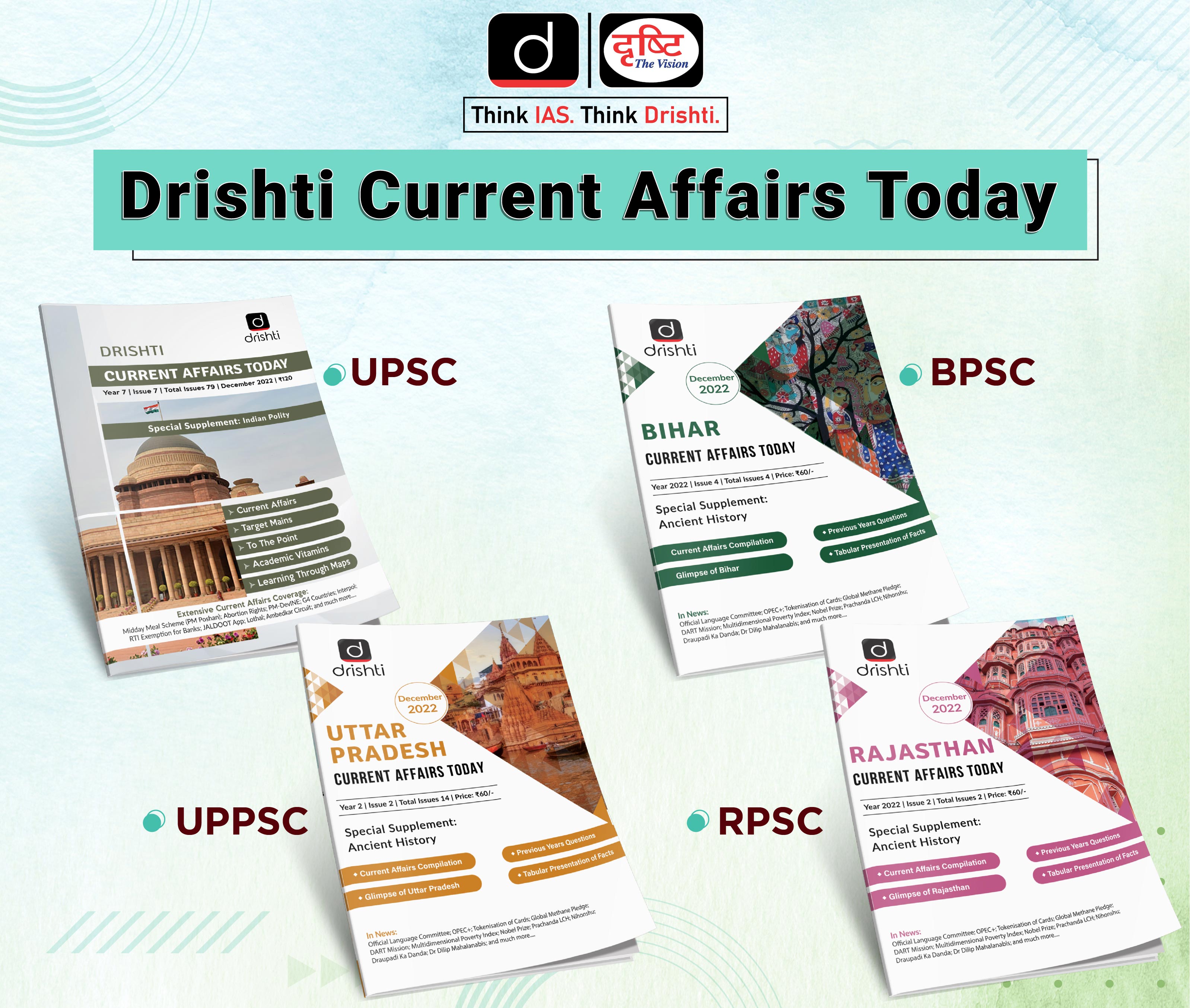Rajasthan Switch to Hindi
Legislation for Forced Religious Conversions
Why in News?
Recently, The Rajasthan government informed the Supreme Court that it is in the process of bringing in its own legislation as it does not have any specific legislation regarding religious conversions.
- The state emphasized that it follows the directives of the Supreme Court, various High Courts, and the Central Government on this matter.
Key Points
- According to a Public Interest Litigation (PIL) filed by an advocate the Centre and States have failed to control the menace of deceitful religious conversion, though it is their duty under Articles 14, 21, 25 of the Constitution.
- The penal law does not cover religious conversion, many states have become the safe place for foreign funded individuals, and Non-governmental Organizations (NGOs) for illegal conversion.
- In 2022, the Supreme Court issued notice to the Centre and others seeking their response to the plea for a direction to control fraudulent religious conversion and those carried out by intimidation, threat, deceit, and through gifts and monetary benefits.
Religious Conversion
- Religious conversion is the adoption of a set of beliefs identified with one particular religious denomination to the exclusion of others.
- Thus "religious conversion" would describe the abandoning of adherence to one denomination and affiliating with another.
- For example, Christian Baptist to Methodist or Catholic, Muslim Shia to Sunni.
- In some cases, religious conversion "marks a transformation of religious identity and is symbolized by special rituals".
Article 14
- Article 14 says that no person shall be denied treatment of equality before the law or the equal protection of the laws within the territory of India.
- The right is extended to all persons whether citizens or foreigners, statutory corporations, companies, registered societies or any other type of legal person.
Article 21
- This declares that no person shall be deprived of his life or personal liberty except according to procedure established by law. This right is available to both citizens and non-citizens.
- The right to life is not merely confined to animal existence or survival but also includes the right to live with human dignity and all those aspects of life which go to make a man’s life meaningful, complete and worth living.
Article 25
- The Indian Constitution under Article 25 guarantees the freedom to profess, propagate, and practice religion, and allows all religious sections to manage their own affairs in matters of religion, subject to public order, morality, and health.
- However, no person shall force their religious beliefs and consequently, no person should be forced to practice any religion against their wishes.










%20MPPCS%202025%20Desktop%20E.jpg)
%20MPPCS%202025%20Mobile%20E%20(1).jpg)










.png)
.png)











 PCS Parikshan
PCS Parikshan

